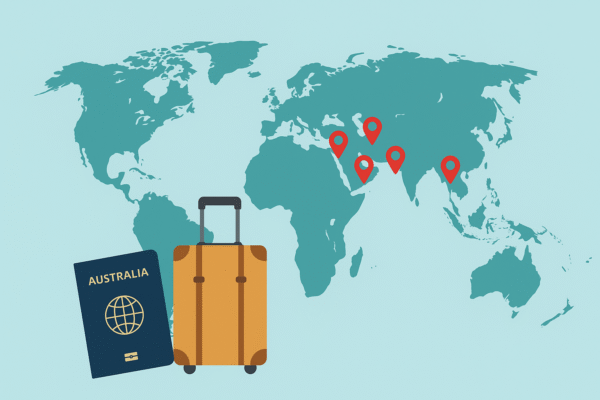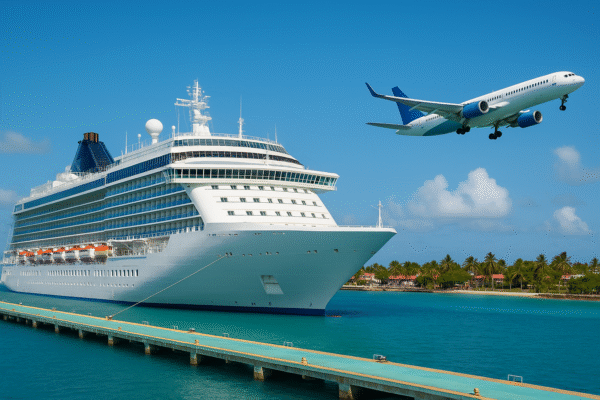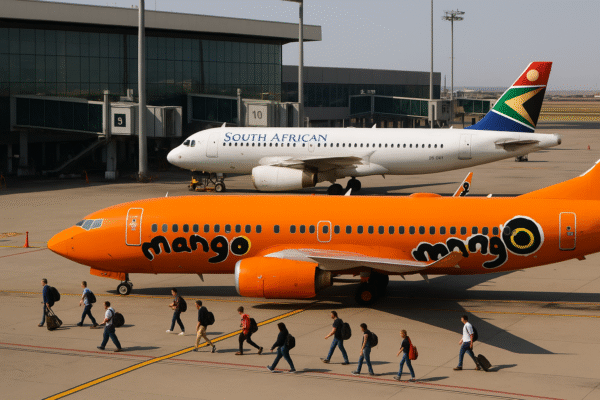In a decisive push toward sustainable aviation, Turkey has introduced sweeping regulations mandating the use of Sustainable Aviation Fuel (SAF) across its domestic and international aviation sectors. The initiative aims to reduce travel-related carbon emissions by 5% by 2030, aligning with global climate targets and the United Nations’ International Civil Aviation Organization (ICAO) emissions program.
Turkey’s civil aviation authority has enacted the SAF regulation as a critical component of the country’s broader Green Development Initiative, designed to ensure environmental compliance in all key industrial sectors, including transport and energy. The SAF mandate will be phased in gradually, targeting both international airlines flying to and from Turkey and local fuel suppliers such as Tupras and DB Tarimsal Enerji.
According to the Turkish Ministry of Transport and Infrastructure, the policy supports Turkey’s goal of becoming a regional leader in eco-conscious aviation. It will also contribute to improved air quality, reduce dependency on fossil fuels, and stimulate growth in Turkey’s renewable energy and biofuel sectors.
Key Elements of the SAF Regulation
The regulation stipulates that:
- Airlines operating international routes involving Turkey must meet progressive SAF usage quotas to help achieve the national 5% emissions reduction target by 2030.
- A minimum of 90% of SAF required for outbound international flights must be loaded within Turkey, reinforcing the country’s production and supply chain capabilities.
- Annual minimum emission reduction targets will be issued each year by the third quarter, offering clear guidance to stakeholders.
- Non-compliance will result in financial penalties, further motivating stakeholders to meet SAF integration benchmarks.
This aligns Turkey with the ICAO’s Carbon Offsetting and Reduction Scheme for International Aviation (CORSIA), set to become compulsory in 2027 for member states.
Domestic Fuel Producers Step Up
Turkey’s largest oil refiner, Tupras, has pledged to become a key player in SAF production. The company plans to produce 20,000 metric tons of SAF by 2026 at its Izmir refinery. Pending final investment approval, Tupras aims to scale this capacity to 400,000 tons annually, representing one of the largest SAF commitments in the region.
Additionally, DB Tarimsal Enerji, a Turkish biofuel enterprise, has announced plans to build a new SAF facility with an annual capacity of 100,000 tons. These combined initiatives place Turkey on track to become a significant SAF supplier for the broader region, possibly exporting to European and Middle Eastern aviation markets in the future.
Aviation Industry and Environmental Impact
The aviation sector is a known contributor to global warming, accounting for approximately 2.5% of global CO₂ emissions, according to the International Energy Agency (IEA). SAF, which can be made from renewable waste, plant oils, and algae, can reduce lifecycle carbon emissions by up to 80% compared to conventional jet fuel.
While more expensive today due to production limitations, SAF prices are expected to drop as economies of scale improve and innovations in biofuel technology advance. The government-backed SAF mandate could serve as a critical catalyst in reducing costs and increasing adoption throughout the aviation industry.
Jet Fuel Trends and Emission Optimization
Turkey’s push toward SAF comes at a time when its jet fuel consumption is already trending downward. In 2024, national jet fuel usage dropped by 4%, amounting to 6.26 million tons, or approximately 135,000 barrels per day, according to data from Petrol Ofisi and Energy Market Regulatory Authority (EPDK). While this decrease may partly reflect economic or operational factors, it also points to greater fuel efficiency across carriers and the early adoption of sustainable practices.
Turkey’s Broader Sustainability Commitments
This SAF initiative is part of Turkey’s larger decarbonization and energy diversification strategy. The country is investing in:
- Renewable energy infrastructure like wind and solar.
- The National Energy and Mining Policy that encourages innovation in green fuels.
- Clean transport corridors under the Climate Change Action Plan 2053.
With these initiatives, Turkey is actively positioning itself as a regional hub for green technology, energy transition, and sustainable aviation.
The Road Ahead: International Collaboration and Economic Potential
Experts suggest that Turkey’s SAF mandate will encourage new partnerships with EU countries, the International Renewable Energy Agency (IRENA), and private-sector aviation leaders. As SAF becomes a central pillar of global airline operations, Turkish companies that invest early in the technology could gain a competitive advantage.
Further, the SAF policy could support tourism growth by promoting Turkey as a sustainable travel destination, especially among eco-conscious travelers from Europe and North America. Destinations such as Istanbul, Antalya, and Cappadocia—already popular with international visitors—may benefit from enhanced green branding and lower aviation-related emissions.
Conclusion
Turkey’s ambitious plan to slash aviation emissions by 5% by 2030 marks a transformative moment in the country’s approach to climate change and sustainable tourism. By enacting robust SAF mandates, investing in domestic biofuel capacity, and aligning with global aviation standards, Turkey is not only protecting its skies but also propelling its aviation and tourism sectors into a greener future.
As the 2030 deadline approaches, collaboration among regulators, airlines, and energy companies will be vital to ensure success. If executed effectively, this pioneering SAF strategy could establish Turkey as a model for climate leadership in aviation across Europe, the Middle East, and beyond.
For more travel news like this, keep reading Global Travel Wire
















